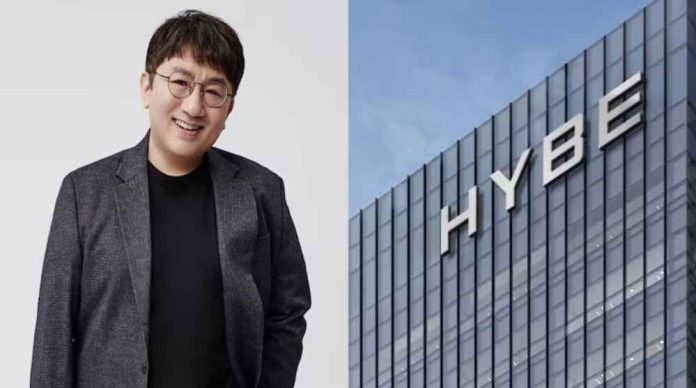
HYBE, the powerhouse behind several globally successful K-pop acts like BTS, TXT, and Seventeen, is currently navigating a legal storm surrounding allegations of plagiarism. Recent court filings have revealed YouTubers and content creators accusing HYBE’s artists of borrowing heavily from their work without proper credit. These allegations, while not new to the world of entertainment, carry significant weight given K-pop’s global reach and the passionate loyalty of its fans.
The Allegations: A Deep Dive into the Legal Case
The plagiarism accusations against HYBE’s artists come primarily from YouTube content creators and independent musicians. These creators claim that some of HYBE’s biggest acts have used visual concepts, choreography, or musical elements that bear striking resemblances to their original content. The allegations gained traction on social media, where fan bases (known as fandoms) play a major role in shaping the public narrative. Some creators argue that their work has been repurposed without permission, while others maintain that their original concepts were used as “inspiration” without proper attribution.
HYBE, in response, has denied these claims and filed counter-lawsuits in an attempt to clear its artists’ names. The company asserts that its creative teams work independently and that any similarities are coincidental or fall under acceptable levels of artistic influence. However, the lawsuits are now forcing the company to defend its brand integrity in court.
K-pop’s Global Image at Stake
As K-pop continues to dominate global charts, accusations of plagiarism present a significant challenge to its reputation. HYBE’s legal battle could potentially tarnish the industry’s image as it struggles with accusations of creative theft. K-pop has been celebrated for its originality, high production values, and the strong connections its artists build with fans. Any association with plagiarism, whether proven or not, threatens this carefully curated image.
The stakes are even higher for HYBE, given its central role in the international success of K-pop. BTS, in particular, has shattered cultural barriers and built a reputation for integrity, authenticity, and hard work. Any negative legal outcome could ripple across the genre, affecting not just HYBE artists but also the perception of K-pop as a whole.
The Role of Fan Culture
Fan culture plays a pivotal role in this ongoing legal saga. K-pop fandoms are among the most dedicated and active on social media, mobilizing to defend their favorite artists at any hint of controversy. On platforms like Twitter, YouTube, and TikTok, these fan communities have expressed both outrage and support in equal measure.
Some fans have taken the allegations seriously, advocating for transparency and ethical accountability from HYBE. Others remain loyal, defending the artists and dismissing the accusations as baseless or exaggerated. This division within fan communities highlights the complex nature of public opinion when it comes to beloved idols, and it demonstrates how fan-driven narratives can influence the trajectory of legal and public relations battles.
Plagiarism and Intellectual Property in K-pop
Plagiarism lawsuits are not new to the global music industry, but K-pop operates in a unique space where intellectual property boundaries are still evolving. As the genre expands globally, so do its risks of running into conflicts with international copyright laws. These legal issues prompt broader discussions about what constitutes plagiarism versus creative influence, and where the line between inspiration and copying should be drawn.
K-pop’s reliance on visual storytelling, intricate choreography, and genre-melding production makes it a prime target for these kinds of disputes. With HYBE at the center of this case, the entire industry will likely feel the repercussions of any legal precedents set by the court’s rulings.
Conclusion: The Future of HYBE and K-pop
Music Industry Weekly realizes that the outcome of HYBE’s legal battle will be pivotal for the company, its artists, and K-pop’s global standing. If the allegations are proven in court, it could lead to financial losses. It can also cause potential harm the credibility of HYBE’s creative teams. On the other hand, if the court rules in HYBE’s favor, the company could emerge stronger. They can use the victory to reinforce the integrity of its artists.
Regardless of the verdict, this case underscores the delicate balance K-pop companies must maintain between creative freedom and legal responsibility. With fans watching closely, the future of HYBE—and by extension, K-pop—hinges on the industry’s ability to navigate these complex challenges while preserving its unique artistic identity.







